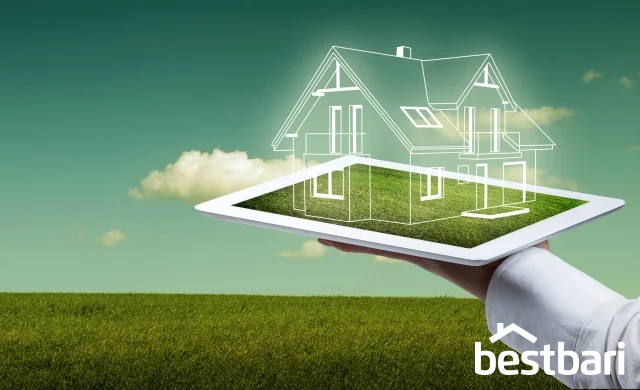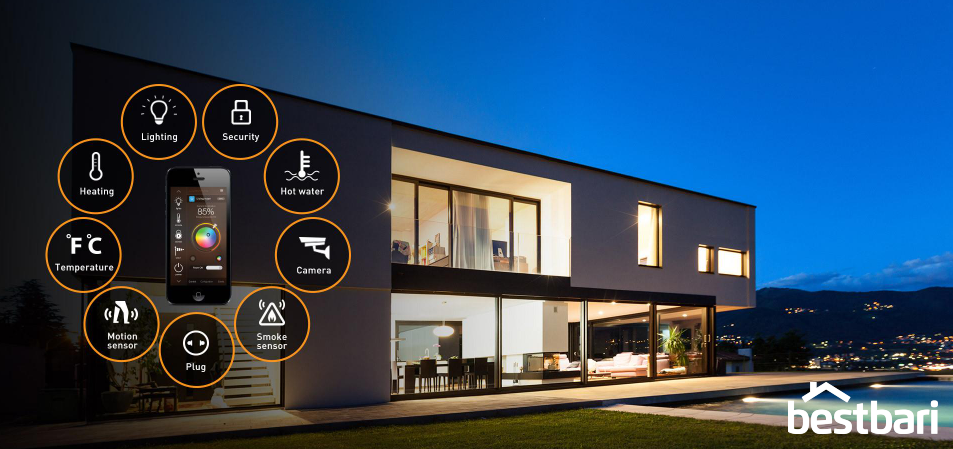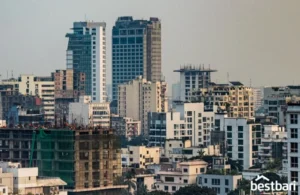Reading time: 8 minutes, Category: Lifestyle
Seek the best flats for sale in Dhaka with BestBari,, the trusted real estate company of Bangladesh.
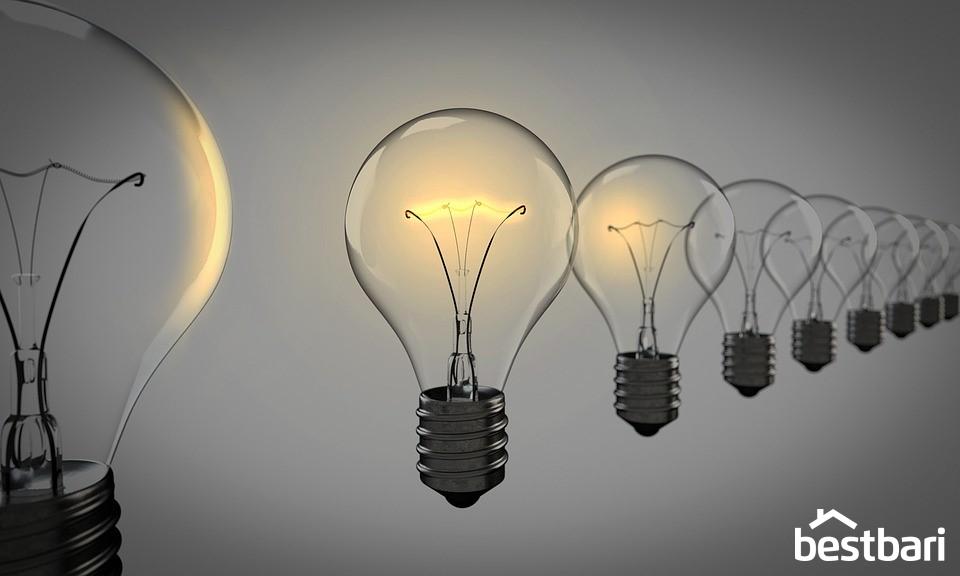
Living in a Dhaka flat can be a convenient and comfortable experience, but it also comes with its fair share of expenses, including electricity and gas bills. As energy costs continue to rise, finding ways to save on these bills has become increasingly important for households in Dhaka and this article from BestBari will cover ways to help you reduce your running cost. Fortunately, there are a variety of steps that you can take to reduce your energy consumption and lower your monthly bills.
From making simple changes to your daily habits, to investing in energy-efficient appliances and home improvements, there are plenty of effective ways to save money on your electricity and gas costs in your Dhaka flat. In this article, we’ll explore some of the most effective strategies for cutting your energy bills and improving your household’s energy efficiency.
Whether you’re looking to save money, reduce your environmental impact, or both, these tips will help you achieve your goals and enjoy a more comfortable, sustainable lifestyle in your Dhaka flat.
Access to reliable and affordable energy can be a challenge for many households, reducing energy consumption is crucial for both environmental sustainability and economic reasons. One effective way to achieve this is by installing energy-efficient appliances.
Many households in Dhaka still use outdated and energy-intensive appliances, such as refrigerators, air conditioners, and fans, which can consume a significant amount of electricity and drive-up electricity bills. By replacing these old appliances with newer models that are designed to consume less energy, households can not only save money but also contribute to reducing the country’s overall energy demand.
Unfortunately, climate change remains a serious threat issue to Bangladesh. According to research done by National Geographic, Bangladesh is one the most vulnerable nations to the impacts of climate change.
As a response, the Bangladesh Government has introduced several initiatives and programs to promote the use of energy-efficient appliances, such as providing subsidies and incentives to households and businesses that invest in such appliances. These efforts are critical in helping Dhaka achieve its sustainable development goals and ensure a more sustainable and prosperous future for its citizens.
Energy conservation is becoming increasingly important due to the growing population and limited resources. Lighting is one of the significant contributors to energy consumption, and using LED lights can make a significant difference in energy conservation efforts.
We recommend replacing incandescent bulbs with LED bulbs, households and businesses in Dhaka can save a considerable amount of energy and reduce their energy bills. LED bulbs use up to 80% less energy and last up to 25 times longer than traditional bulbs, making them a more cost-effective and environmentally friendly lighting solution. Additionally, LED bulbs emit less heat, which can reduce the need for air conditioning and further contribute to energy savings.
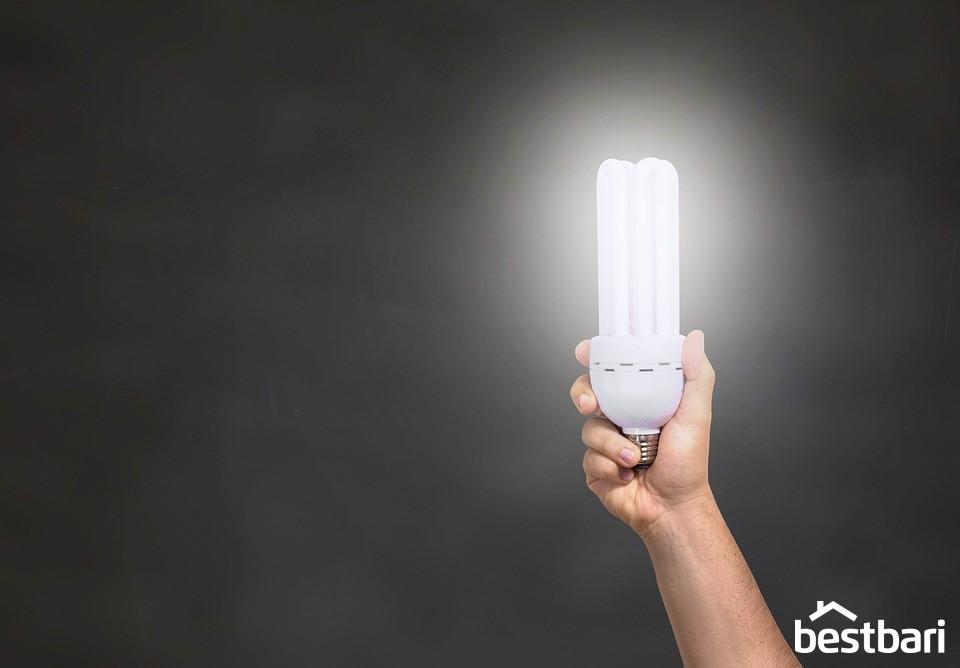
As Dhaka continues to grow and develop, promoting energy efficiency and sustainability through simple measures like using LED lights can help the country achieve its goals of economic and environmental sustainability and importantly reducing your power bill.
Electronic devices have become a ubiquitous presence in our lives, providing us with convenience, entertainment, and connectivity. However, their pervasive use has also led to a significant increase in energy consumption, which can have a negative impact on both the environment and our wallets. One of the most significant contributors to this energy consumption is standby power or “vampire power.”
Even when electronic devices appear to be turned off, they still consume energy if they remain plugged in, which can account for up to 10% of your electricity bill. Therefore, by unplugging devices when they are not in use, individuals can save on energy bills and reduce their carbon footprint.
BestBari suggests there are more efficient ways to conserve energy, especially in the context of a city like Dhaka. Using a power strip with an on/off switch to turn off several devices at once is an effective way to conserve energy and reduce standby power. By taking these small steps, individuals can contribute to the larger effort of ensuring a lower power bill.
Maximizing the use of natural light not only brings in a sense of warmth and comfort to any living space, but it can also greatly reduce energy consumption. Rather than relying solely on artificial lighting, homeowners can benefit from the abundance of natural light sources, such as the sun. One easy way to take advantage of natural light is by opening curtains and blinds during the day to allow sunlight to flood in.
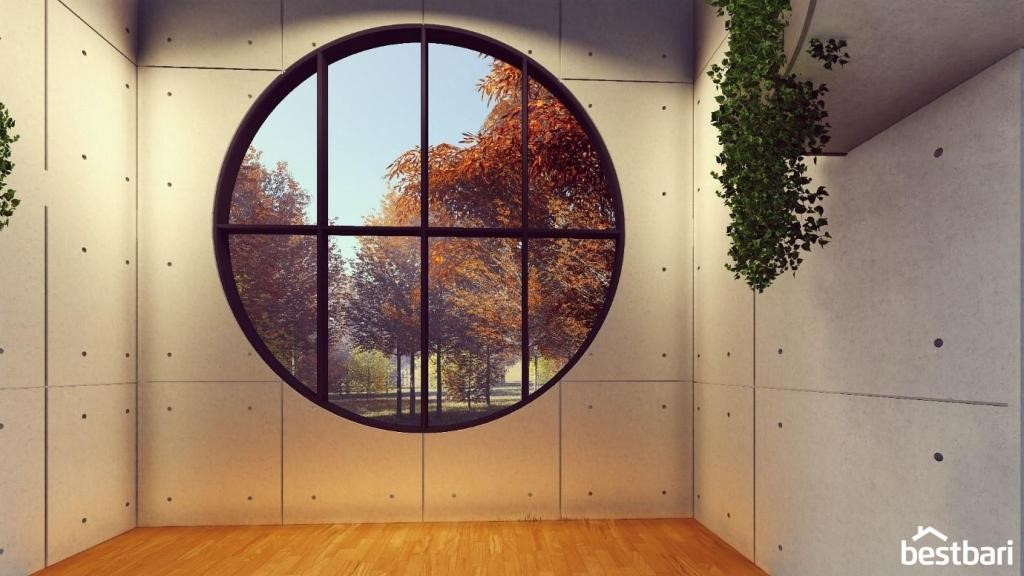
BestBari recommends another practical solution is to paint the walls in light colours that can help to reflect natural light, enhancing the brightness of a room. By incorporating these simple strategies into your daily routine, you can create a more sustainable and energy-efficient living environment, while simultaneously enjoying the aesthetic appeal and warmth of natural light.
Dhaka’s hot and humid climate, air conditioners are essential for comfort and well-being. However, their use can contribute to high energy consumption, resulting in increased utility bills and environmental impact. To optimize your air conditioner and save energy, consider adjusting the temperature setting when you’re not home or using a timer to turn it off after a certain period. These simple steps can make a significant difference in energy consumption and cost.
Additionally, it’s important to clean the air filters regularly to ensure that your air conditioner is running efficiently. Neglecting this task can cause your air conditioner to work harder and consume more energy, which can lead to more frequent repairs and replacements. By adopting these practices, you can enjoy the benefits of air conditioning while minimizing its impact on the environment and your wallet.
In Dhaka, gas stoves are ubiquitous in most households, and it is essential to use them efficiently to cut down on gas bills. There are a few simple steps you can follow to achieve this goal. Firstly, make sure to use the right size of the burner for the pots and pans you are using. Using a smaller burner for a large pot can waste a lot of energy and money. Secondly, covering your pots when cooking can help retain heat, reducing the need for high flames and thereby saving gas.
Thirdly, you can turn off the stove before the food is fully cooked, as residual heat can finish the cooking process. This not only saves energy but also reduces the risk of overcooking your food. Finally, regular maintenance of the gas stove, such as cleaning the burners and checking for gas leaks, can also help improve its efficiency. These small but effective steps can go a long way in conserving gas and reducing your gas bills in the long run.
One effective way to make your home energy-efficient and comfortable all year round is by insulating it properly. By insulating your home, you can prevent heat from escaping in the winter and keep your home cool during the hot summer months. This, in turn, reduces the need for air conditioning and heating, thereby saving you money on your energy bills.
The most common ways to insulate your home are by adding insulation to your attic and walls or by using weather stripping and caulking to seal leaks around doors and windows. Insulating your attic with fiberglass, cellulose, or spray foam insulation can help prevent heat loss through the roof.
Similarly, installing insulation in your walls can prevent heat transfer through the exterior walls of your home. Weather stripping and caulking can help seal gaps and cracks around doors and windows that allow hot or cold air to escape. Proper insulation also helps reduce noise pollution and increases the overall comfort of your home.
Last but not least, travel less and shop more locally for items and groceries for your Dhaka apartment. By doing this you will be reducing emissions in transport, and therefore your carbon footprint. Local produce not only requires less energy and materials to grow, but it’s healthier and tastier. Buying local also means you reduce packaging by bringing your own bags and avoiding the plastic that comes with items that are shipped from different regions and countries.
In conclusion, taking steps to save on your electricity and gas bills in your Dhaka flat can have numerous benefits. Not only will it help you to save money on your monthly expenses, but it will also contribute to a healthier and more sustainable environment. Reducing your energy consumption requires a conscious effort, but it can be achieved through simple yet effective practices. These practices may include using energy-efficient appliances, turning off lights and electronics when not in use and keeping your home well-insulated.
By making a commitment to adopting these practices, you can significantly reduce your energy usage and contribute to a more sustainable future. Additionally, reducing your energy consumption can also lead to other benefits, such as a reduction in greenhouse gas emissions and improved air quality.
Overall, the benefits of reducing your energy consumption are clear, and by acting, you can make a positive impact on both your wallet and the environment. To help combat the dangers of climate change for Bangladesh, we can all do our part when it comes to reducing our energy consumption to help fight against climate change. Small changes to our daily routines can make a huge difference if we all make a change.
We hope you have found this article insightful about ways to reduce electric and gas costs in Dhaka, If you enjoyed this guide please visit our News and Articles page, for example you may like to read our article about Ways to Tackle Climate Change in Dhaka Flats.
We wish you very best with your flat for sale in Dhaka. BestBari is the trusted BD property company in Bangladesh.
